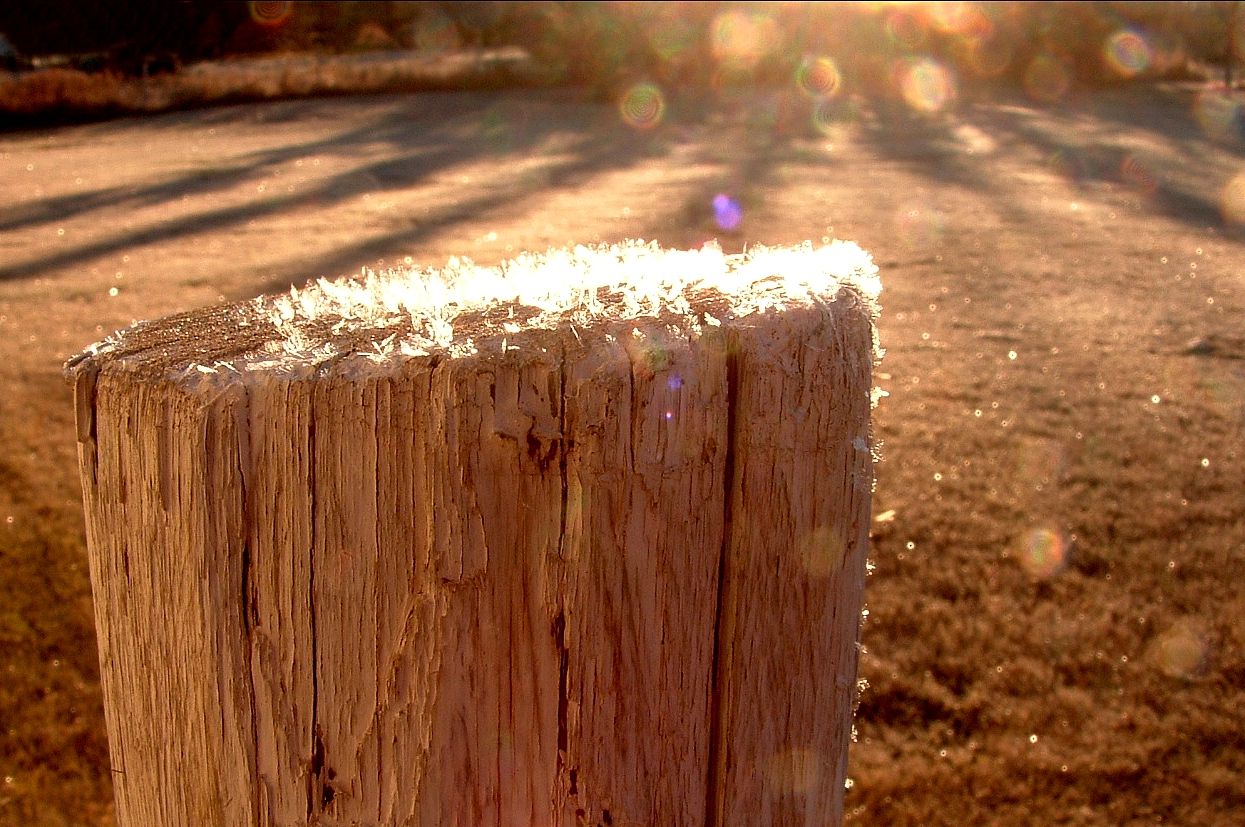Jonathan Van Ness: We Are Still Not Taking Monkeypox Seriously Enough
I remember the day the U.S. confirmed its first case of monkeypox. It was mid-May, and I had just interviewed Steven Thrasher for my podcast, Getting Curious with Jonathan Van Ness. He has a new book out, The Viral Underclass, about how different classes of people bear an unfair burden of the cost of viruses—fitting, because since then, monkeypox cases have increased exponentially, primarily affecting queer men.
Watching the government’s botched response to monkeypox has been surreal, and in many ways, I believe it’s been fueled by homophobia and transphobia. When an outbreak affects mainly men who have sex with men, some portion of our elected legislators will have no incentive to act. They think it will not touch their constituents, which is obviously messed up because people’s lives are at stake, and there are queer people in all 50 states.
[time-brightcove not-tgx=”true”]
A few weeks ago, one of my close friends was supposed to visit me in New Orleans, where I’m filming Queer Eye, but he was exposed to monkeypox and couldn’t travel. I started calling all the political contacts I have, ringing alarm bells about how quickly cases were rising, and pleading with officials to take the virus more seriously.
I’ve been really disappointed in our leaders, especially those who were in office during the onslaught of the AIDS crisis, like President Biden and Speaker Pelosi. Once again, we’re seeing too little action taken until the situation has ballooned out of control. If nothing changes, we’ll continue to experience failures like this response, which has been plagued with too few tests, lack of access to treatments, inadequate vaccine supply, and ambiguous guidance.
From the moment that monkeypox cases began rising in June, the government should have been taking more proactive steps. The U.S. has an inadequate supply of vaccines, and this shortage could have been prevented. If our government doesn’t prioritize more robust vaccine access, the outbreak is going to become an even greater problem. We’ve seen, in recent history, an administration procure a lot of vaccines fast. Why is it that we haven’t seen this administration prioritize the rapid procurement of monkeypox vaccines?
I’m really lucky that I’m in a place in my life where I’m housed, have money, and have access to protection. I have a therapist. But I’m really concerned about the queer community and the people who are going to be asked to isolate for three weeks at a time because they tested positive—the people who are going through excruciating pain and don’t have what I have.
Read More: America Is All Too Happy to Let People Die
I want our elected officials to think about these already marginalized people and come up with a plan. Who takes care of them? When the government was concerned that the auto industry was going to fall into crisis, they gave them billions of dollars. When they were terrified that the airlines were going to fall into a crisis, they gave them billions of dollars. When they were afraid the economy was in crisis, they sent out $1,400 checks. We need to ensure that these people will have the money to pay their rent and bills, and to order groceries. We have to protect each other.
Declaring monkeypox a federal public health emergency on Aug. 4 was a step in the right direction—but it was a day late and a dollar short. Anything short of robust access to vaccines for every single queer person in the country, and easy access to TPOXX treatment, is a dereliction of our government’s responsibility. This is how young queer people become disenfranchised and disillusioned and believe that their leaders don’t care about them.
I do this joke in my stand-up routine—that it’s been so funny watching straight people be shocked with the government response during COVID-19, because we’re like, ‘Honey, this is Tuesday. You thought the government was going to come help you?’ We’re used to this sort of inaction. Monkeypox is like: same day, different virus.
I think that tragedy, hope, despair, and resilience all can live next door to each other. But we need to act. For starters, everyone should make space in their life to learn about this virus—to educate themselves about who monkeypox affects, how it spreads, and what it feels like.
If you’ve ever watched Queer Eye and “Yes, Queen”-ed along with me, I have an ask for you: put pressure on your state representatives and federal representatives to improve vaccine access. Let your legislators know that this is a priority for you as a voter.
It’s really sad to see in real time the way that people devalue issues they don’t think affect them. Everyone should care about monkeypox—because we should care about each other. That’s true despite what your own opinion on someone’s lifestyle might be.
And remember: right now it’s monkeypox, but there’s still HIV. There are still all these other diseases that people suffer from, and there’s so much stigma and so many barriers around access to care. This isn’t just a monkeypox story. This is a story of how we consistently fail people on the margins. We have to become bold about what we’re willing to witness—and no one should have been willing to witness this outbreak spread for the last two months.
View original article
Contributor: Jonathan Van Ness

